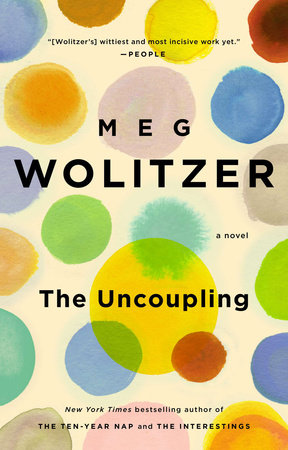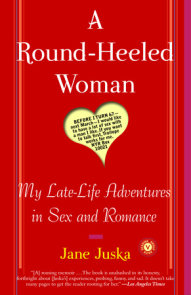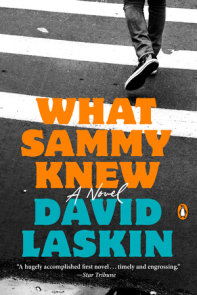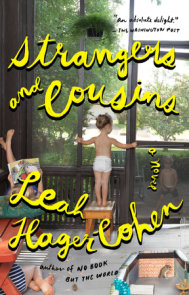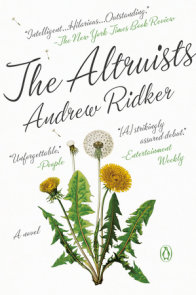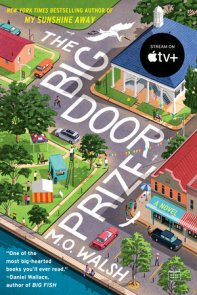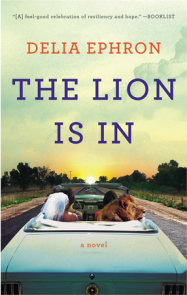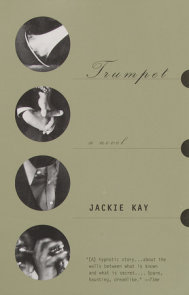READERS GUIDE
Questions and Topics for Discussion
INTRODUCTION
When the elliptical new drama teacher at Stellar Plains High School chooses for the school play Lysistrata—the comedy by Aristophanes in which women stop having sex with men in order to end a war—a strange spell seems to be cast over the school. Or, at least, over the women. One by one throughout the high school community, perfectly healthy, normal women and teenage girls turn away from their husbands and boyfriends in the bedroom, for reasons they don’t really understand. As the women worry over their loss of passion, and the men become by turns unhappy, offended, and above all, confused, both sides are forced to look at their shared history, and at their sexual selves in a new light.
As she did to such acclaim with the New York Times bestseller The Ten-Year Nap, Wolitzer tackles an issue that has deep ramifications for women’s lives, in a way that makes it funny, riveting, and totally fresh—allowing us to see our own lives through her insightful lens.
ABOUT MEG WOLITZER
Meg Wolitzer is the author of eight previous novels, including The Ten-Year Nap, The Position, and The Wife. Her short fiction has appeared in The Best American Short Stories and The Pushcart Prize. She lives in New York City.
AN ESSAY FROM MEG WOLITZER
I kept hearing stories: How, at a cooking class, one woman had apparently told everyone that she had given up “that part” of her life forever. All around the room, the other women nodded empathetically; they knew what “that part” meant. How, over drinks, a friend had confided, “I would pay someone to have sex with my husband.” How, on the message boards devoted to young motherhood and all its accoutrements, women described never wanting to be touched by adult male hands again.
Something was in the air, or at least in the conversation, and the prurient part of me was interested. But so was the writer part.
The subject of women withholding sex from men is an ancient one; in Aristophanes’ comic play Lysistrata, the title character encourages the women of Greece to stop sleeping with men in order to end the Peloponnesian War. There have been more recent examples of sex strikes around the world, both in art and in life—not all involving war. What if the women’s reasons for turning away from men are hard to explain? What if they’re emotional, or biological, or have something to do with being angry at men for running the world and basically ruining it? And then, of course, there’s despair, and vulnerability, and the fact that childbearing days have come to an end, so sex for its own sake needs to be really wonderful, or else why bother.
Women’s magazines have long been on the diminished-desire beat. The articles they publish seem to be increasingly brain science–based, in addition to including traditional anecdotes from unhappy bedrooms and professional advice from a kind and knowledgeable therapist. (The word “candles” might get mentioned, prescriptively.) But what interested me most as a novelist wasn’t primarily the latest psychological or neurochemical research into female arousal, or lack thereof. Instead, I just wanted to take a look at the way female desire changes over time. And it definitely does change. There may not always be an outright war between men and women, but something’s certainly going on now, in “that part” of women’s lives, and I wanted to see what it was.
That’s what I’ve explored in The Uncoupling. I decided to work Lysistrata into it, at least around the edges, imagining what would happen if the play cast a spell over a group of girls and women in that same invisible way that love and the beginnings of desire seem to cast a spell, too, entrancing their subjects, changing the way they think about themselves and the lives they’ve been living.
DISCUSSION QUESTIONS









